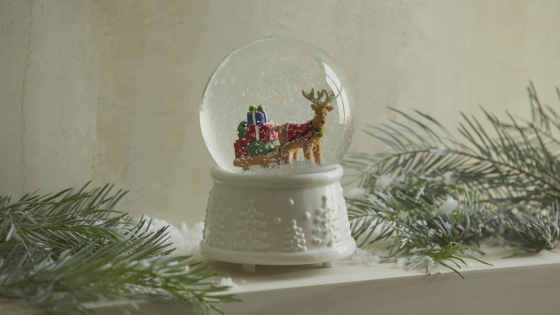
GI Stasis in Rabbits: Causes, Symptoms, and Lifesaving Tips for Exotic Pet Owners
Rabbits make fun and charming pets, but like any other animal, they can face health challenges. Gastrointestinal (GI) stasis is one such concern that rabbit owners should be aware of and know when to seek care from an exotics veterinarian. Let’s explore what GI stasis is, its common causes, symptoms to watch out for, and crucial steps to take if you suspect your bunny is experiencing GI stasis.
What is Gastrointestinal (GI) Stasis?
Gastrointestinal stasis, often referred to as "GI stasis," is a serious condition where a rabbit’s normal movement of the digestive system slows down or stops altogether. This disruption in gut motility can lead to a buildup of gas, fluids, and food in the digestive tract, causing pain and potentially life-threatening complications for your rabbit.
Causes of GI Stasis in Rabbits:
- Dietary Issues: Rabbits require a high-fiber diet to maintain a healthy digestive system. A sudden change in diet or insufficient fiber intake can contribute to GI stasis.
- Dehydration: Inadequate water intake can lead to dehydration, affecting the consistency of the rabbit's stool and hindering proper digestion.
- Lack of Exercise: Regular exercise is crucial for maintaining a rabbit's digestive health. Limited physical activity can contribute to GI stasis.
- Stress: Rabbits are sensitive creatures, and stress, whether from changes in their environment or the presence of predators, can impact their digestive system.
- Hair Ingestion: Rabbits groom themselves regularly, and if they ingest too much fur, it can lead to blockages in their digestive tract.
Symptoms of GI Stasis:
- Reduced or No Appetite: A sudden decrease or complete loss of interest in food is a significant red flag.
- Decreased or Absent Fecal Output: Changes in the size, frequency, or consistency of droppings may indicate GI stasis.
- Lethargy: A lack of energy, reduced activity levels, and a hunched posture can be signs of discomfort.
- Gastrointestinal Noises: Abnormal sounds coming from the rabbit's stomach, such as gurgling or rumbling, may indicate GI issues.
What to Do If You Suspect Your Rabbit Has GI Stasis:
- Seek Veterinary Attention Immediately: Time is of the essence. Contact a rabbit veterinarian right away. GI stasis can escalate rapidly, and professional intervention is critical.
- Provide Critical Care: Your vet may recommend a special diet called critical care, which is designed to provide essential nutrients to rabbits who are not eating well.
- Hydration is Key: Ensure your rabbit stays hydrated. If they're not drinking water, your vet may administer fluids subcutaneously.
- Medication: Your vet may prescribe medications to address pain, encourage gut motility, and treat any underlying causes.
- Temperature Regulation: Keep your rabbit warm. GI stasis can make them more susceptible to temperature changes.
Prevention is the Best Medicine:
- Balanced Diet: Provide a balanced diet rich in hay, fresh vegetables, and limited pellets. Avoid sudden dietary changes.
- Ample Exercise: Encourage regular exercise to keep your rabbit's digestive system in top shape.
- Hydration: Ensure a constant supply of fresh water to prevent dehydration.
- Reduce Stress: Create a stress-free environment for your rabbit, minimizing sudden changes and providing a secure space.
- Know Where to Go: Because a rabbit with signs of GI stasis should be taken to the vet quickly, research available options for exotics care, including where to go if your primary exotics vet is not available.
Being a rabbit owner involves staying informed about their potential health issues. By recognizing the signs of GI stasis and taking prompt action, you can help ensure a happy and healthy life for your rabbit. Regular veterinary check-ups and a proactive approach to their well-being will go a long way in preventing and managing GI stasis in rabbits.
Recent Posts
Holiday Hazards for Your Pet
Deck the halls with boughs of holly … but be sure it’s out of reach of your furry friends! It’s easy to get swept up in the festivities of the season, but don’t forget that added fun means added risks for your pets.
Top Winter Care Tips for Your Pets
When you normally think of weather safety with your pets, you may naturally think of leaving animals in hot cars during summer. But did you know that cold weather also poses a serious threat to your animal's wellbeing?




